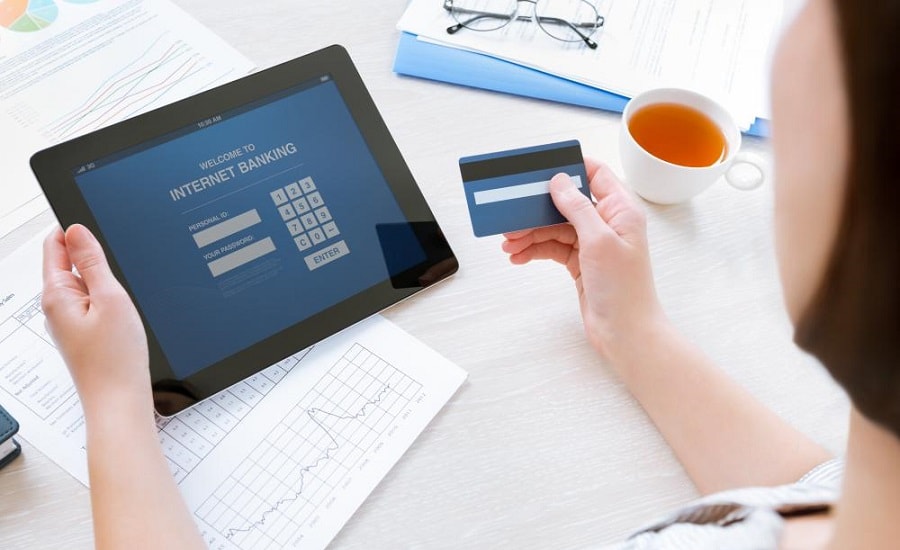Keeping your family’s finances under control is an all-encompassing task. It includes more than just paying the monthly expenses. Keeping control over your family’s finances also includes avoiding bank scams. Having a criminal take over your already existing bank accounts or creating new accounts, is a costly disaster. Though there has been a decline in fraud in general, high-impact bank fraud is on the rise.
 Debt To Sucess System, or DTSS, exposes banking scams, so here is how to spot them and how to avoid them.
Debt To Sucess System, or DTSS, exposes banking scams, so here is how to spot them and how to avoid them.
Recognizing Bank Account Fraud
The three most common ways cybercriminals can access your bank information is phishing, malware and scams. Phishing can be a little difficult to detect if you do not know what to look for. It happens when someone attempts to deceive you into giving up your personal information by pretending to be a business, your place of work or your bank from email addresses that closely mimic someone else in your address book. Malware, also known as malicious software, is a virus that is typically given through an email attachment, internet pop-ups or by downloading bad programs. The malware gives cybercriminals the ability to access your computer without you knowing. Falling prey to scams will enable you to willingly give up your personal information. This can be anything from persuading you to complete a wire transfer, send money through a money transferring service or to give up your credit card information.
Avoiding Bank Fraud
Pay close attention to your emails and read them carefully. When it comes to phishing schemes, there are certain things you can pay attention to that will let you know it is a scam. Pay attention to typos, unfamiliar links, attachments and awkward or urgent language. If you suspect an email is suspicious, do not click any links or attachments in the email.
Another way to avoid bank fraud is to keep your computer and mobile phone security software up to date. Installing an anti-virus software will decrease the chances of your computer or device being compromised from a phishing scheme and malware. Cybercriminals are always evolving their strategies, so having the most updated anti-virus software will be equipped with the newest security protections.
Double and triple check your sources when you are downloading something offline. Do not click suspicious pop-up ads. Your computer may have an infection if you notice an increase in pop-ups or if your computer sporadically shuts down.
When you are doing online shopping, it is recommended to use a prepaid debit card that has just enough to complete your purchase, but nothing more. That way if someone gets a hold of your account information, they cannot access your bank. If you have a credit card, that option is even better as it comes with lower liability limits.
Make your passwords difficult and complex. They need to be at least eight characters long and should include both uppercase and lowercase letters, numbers and symbols.
Leave a Reply